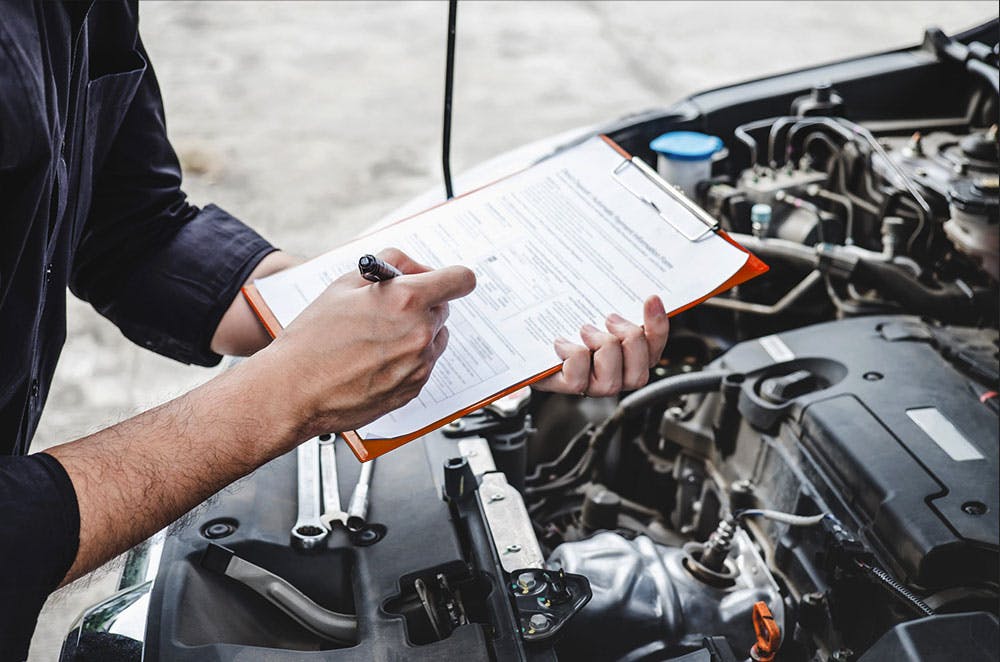All Categories
Featured

When it concerns car upkeep, one of the most crucial tasks to guarantee your engine's longevity and efficiency is normal oil changes. Engine oil acts as the lifeline of your car's engine, giving lubrication, minimizing rubbing, and aiding to dissipate warm. Overlooking to change the oil at routine intervals can lead to substantial engine damages, lowered effectiveness, and pricey repair services. In this blog site, we'll check out why routine oil changes are so essential for your engine's health and wellness and efficiency.
- Lubrication and Minimized Friction. Engine oil plays an important duty in lubricating the moving parts of your engine, such as camshafts, pistons, and crankshafts. As these elements interact under high pressure and temperature level, friction is inescapable. Without correct lubrication, rubbing can bring about too much damage on engine parts, enhancing the danger of engine damages or failing. Fresh oil is created to produce a thin layer between these components, enabling them to relocate efficiently without grinding against each other. Over time, oil breaks down and becomes polluted with dirt, steel fragments, and burning results, which can hinder its ability to lube successfully.
- Heat Dissipation. Engines generate a lot of heat throughout operation. Engine oil assists dissipate this warm, keeping your engine at an optimal temperature. As the oil flows through the engine, it takes in warm and brings it far from the relocating parts. If the oil becomes unclean or as well old, it sheds its heat-absorbing homes, causing your engine to run hotter. An overheated engine can lead to severe damage, such as warped components, confiscated pistons, or even overall engine failing. Routine oil adjustments make sure that the oil can remain to do its heat-dissipating role efficiently, minimizing the danger of getting too hot.

- Protecting Against Sludge Build-Up. As engine oil breaks down gradually, it comes to be thicker and much less reliable at lubricating and cleaning the engine. Pollutants like dust, dust, and carbon accumulation can trigger oil to create a thick, sticky sludge. This sludge can clog crucial engine flows, decreasing oil circulation and resulting in major damage. Regular oil changes guarantee and eliminate this sludge that your engine remains tidy and well-lubricated. This aids to keep the effectiveness of your engine, ensuring it runs smoothly and accurately.
- Boosted Engine Performance and Gas Performance. When your engine oil is fresh, it helps maintain the engine's relocating parts operating at peak efficiency. By transforming your oil consistently, your engine will certainly run extra smoothly, making the most out of every decrease of gas and boosting your automobile's general efficiency.
- Extending the Life of Your Engine. Regular oil changes can considerably extend the life of your engine by ensuring that it runs at its finest for as long as possible. Fresh oil aids lower the pressure on vital engine parts, slowing down wear and preventing pricey breakdowns.
- Manufacturer's Service warranty Demands. For new automobiles, numerous producers need you to comply with a particular upkeep routine to keep your warranty intact. Failure to carry out routine oil modifications can nullify the guarantee, leaving you responsible for any type of fixing expenses that develop because of engine damage. Be sure to comply with the recommended oil change periods outlined in your owner's guidebook to make certain that your guarantee stays valid and your engine stays safeguarded.
- Boosted Resale Value. A well-kept car is always a lot more appealing to prospective customers. Keeping up with regular oil modifications shows that you have actually taken good care of your automobile and have actually prioritized its health and wellness. This can improve the resale value of your cars and truck, as possible customers will certainly be a lot more positive in the problem of the engine and the total integrity of the lorry.

Final thought. Routine oil adjustments are among the easiest and most reliable methods to shield your vehicle's engine. By keeping proper lubrication, warm dissipation, and sanitation, you guarantee that your engine operates efficiently and lasts much longer. Keep in mind to check your car's owner handbook for the recommended oil change intervals, and if you're unsure, talk to your mechanic. By remaining on top of oil adjustments, you're not only securing your engine's health, but also improving performance, fuel performance, and your vehicle's resale worth.
Latest Posts
Learn About Best Car Repair Services offered by Montclare Auto Repair – Drive with Confidence
Published en
1 min read
The Benefits of Regular Auto Maintenance at Montclare Auto Repair Keeps Your Wallet Happy
Published en
1 min read
Selecting the Right Roof Color: Effect On Energy Performance
Published en
1 min read
More
Latest Posts
Learn About Best Car Repair Services offered by Montclare Auto Repair – Drive with Confidence
Published May 29, 25
1 min read
The Benefits of Regular Auto Maintenance at Montclare Auto Repair Keeps Your Wallet Happy
Published May 27, 25
1 min read
Selecting the Right Roof Color: Effect On Energy Performance
Published May 22, 25
1 min read